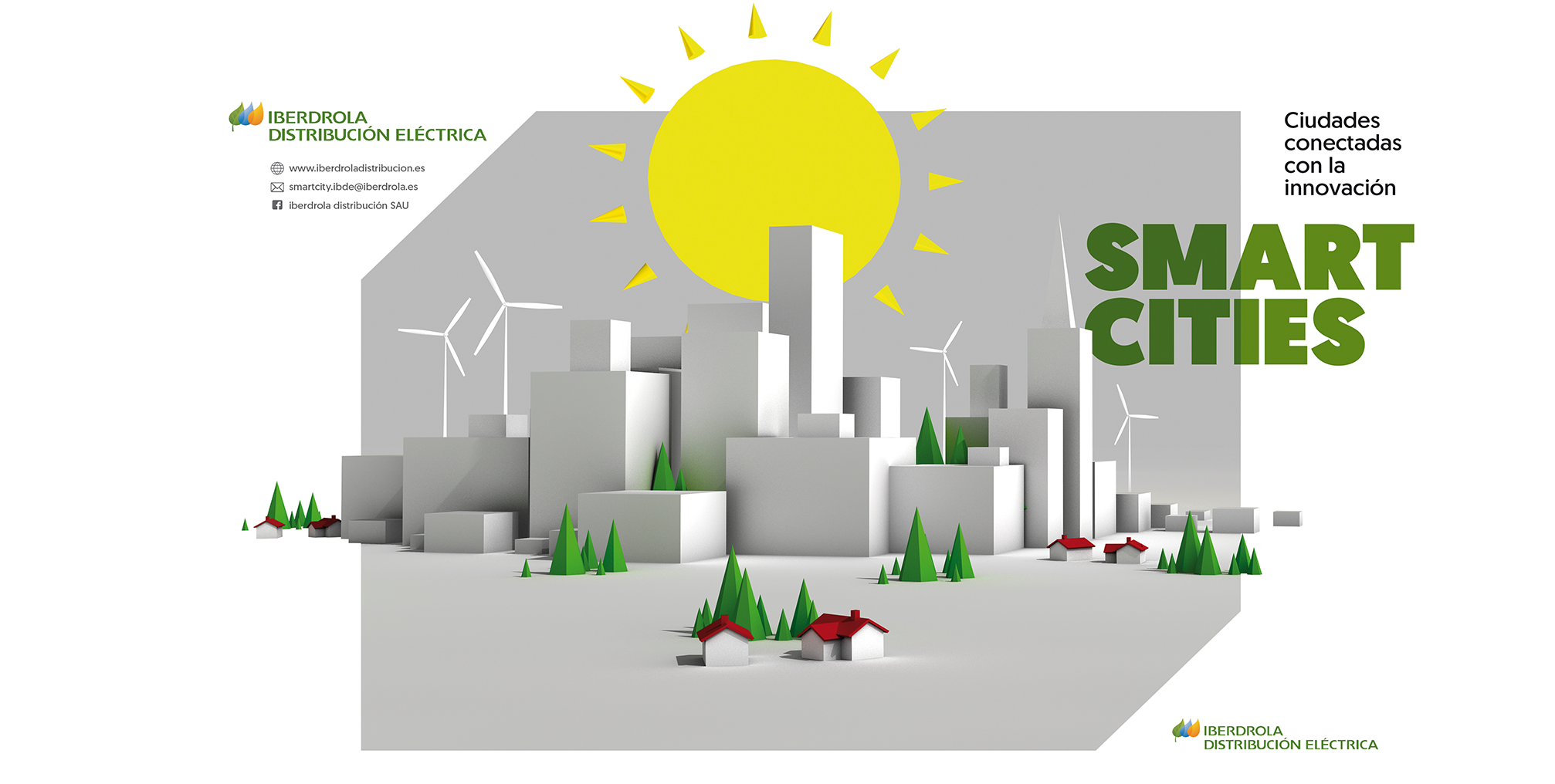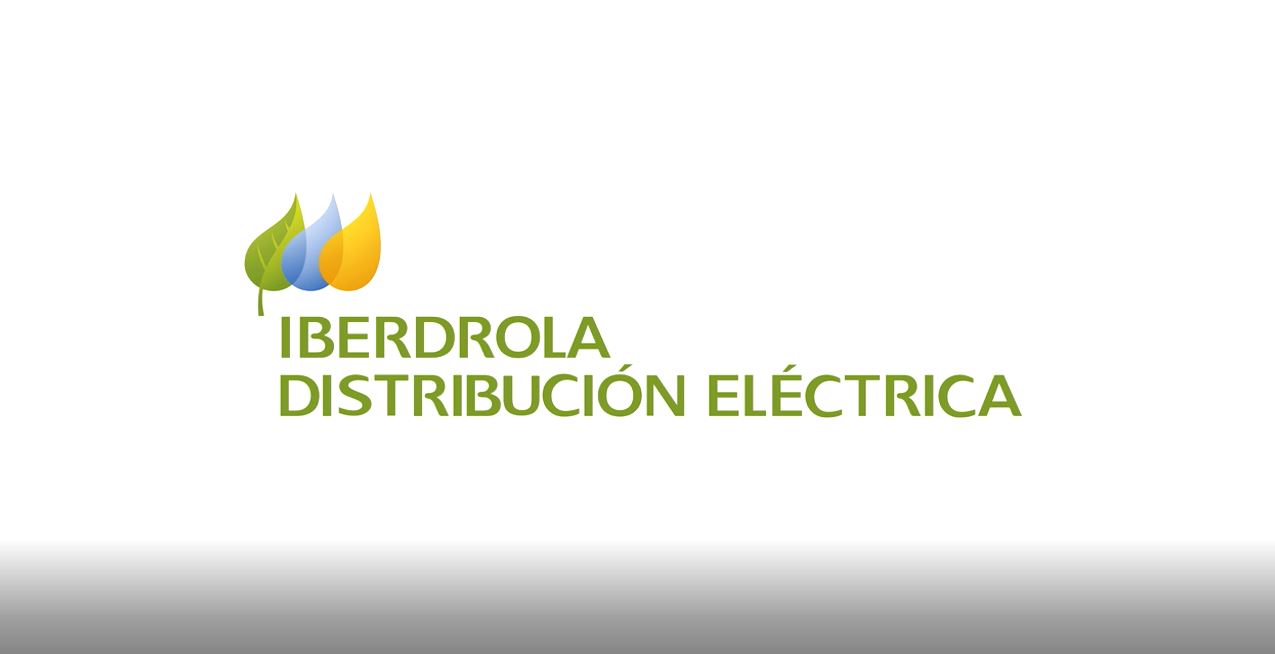Smart Cities 2018
Towns and cities as entry point. Acceleration of the energy transition by collaborating with towns and cities around the levers to achieve cleaner and more efficient energy use...

Towns and cities as entry point. Acceleration of the energy transition by collaborating with towns and cities around the levers to achieve cleaner and more efficient energy use.
One of the main challenges of the century is Climate Change. Stopping the effects of human action on environment requires the full decarbonisation of the energy sector. Iberdrola Distribución is pioneering the integration of renewable energies and the development of sustainable cities. SMART CITIES is our model to improve our citizens’ welfare by making a more intelligent use of the available resources. To achieve this goal, we work hand in hand with the local authorities, leveraging the full potential of our knowledge and experience.
Our SMART CITIES model is divided in four areas:
- Mobility. We support the use of electric transport an effective and efficient means to improve air quality, reduce noise and protect our citizens’ health. It is necessary to develop a coordinated public charging infrastructure in order to succeed this objective. The electrification of the main local fleets also play an important role. Our understanding of the electricity network allows us to assist municipalities in the process of identifying locations where the erection of charging points can be done more easily and at a lower cost.
- Infrastructures. We are committed to extend the functionalities of our grids leading its adaptation to the current and future needs. Our efforts are focused on improving our citizens’ experiences. We are working to extend digitalisation, prioritising the areas that are the most valued by citizens.
- Energy. We support the electrification of the economy, based on a clean energy mix, as the most efficient path towards decarbonisation. Thus we Foster the implementation of local energy solutions that allow an optimum integration of renewables, reduce costs and provide a quality of service that improves continuously.
- Culture. The success of the model relies on environmental education, social awareness and an understanding that clean energy is the best alternative.
The DSOs’ role is key in this transformation. In 2035, 75% of the population will live in large cities. The fight against climate change is an opportunity to turn our cities into a better place to live
